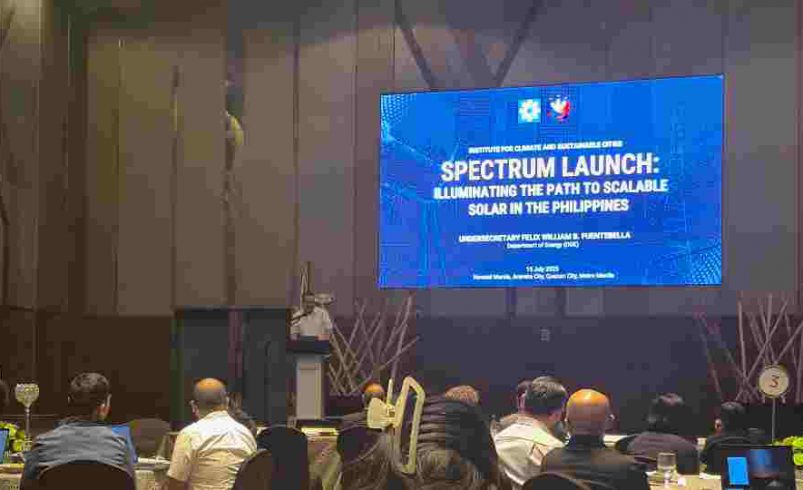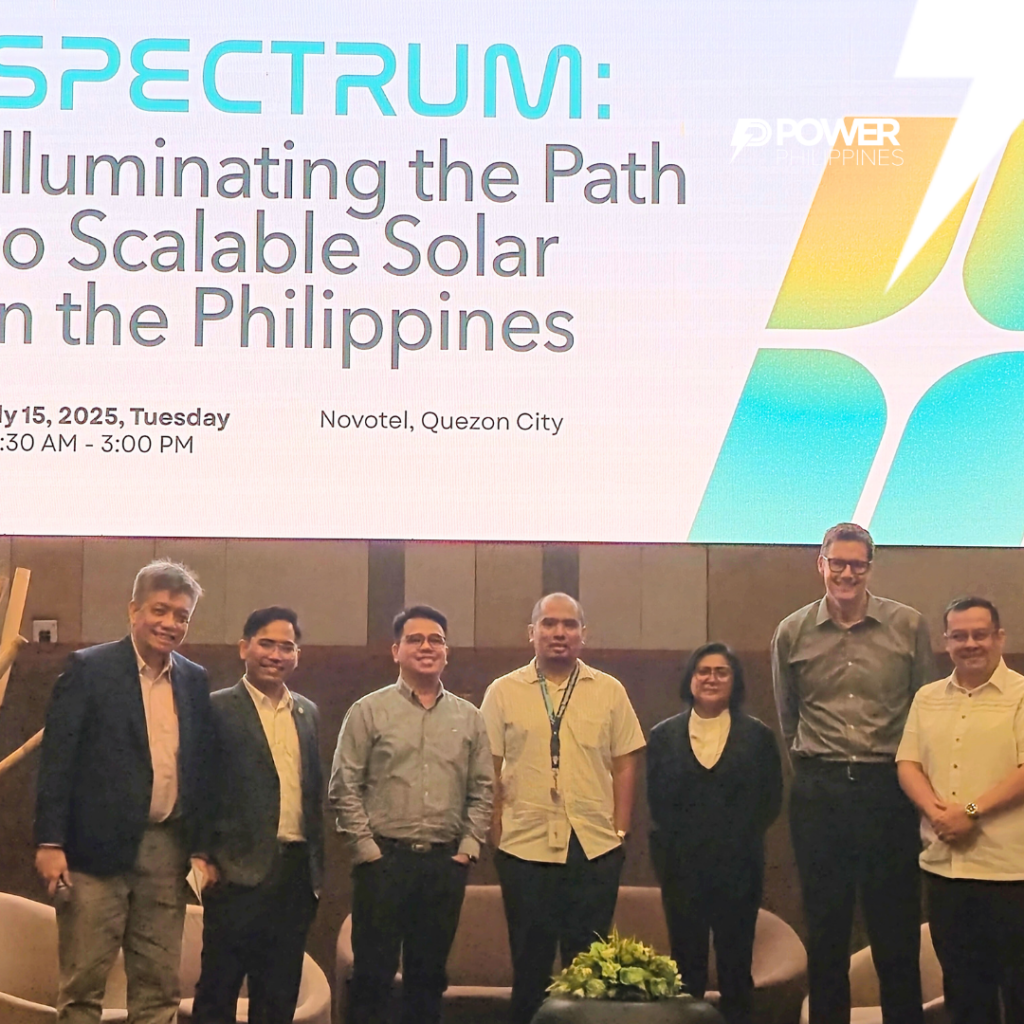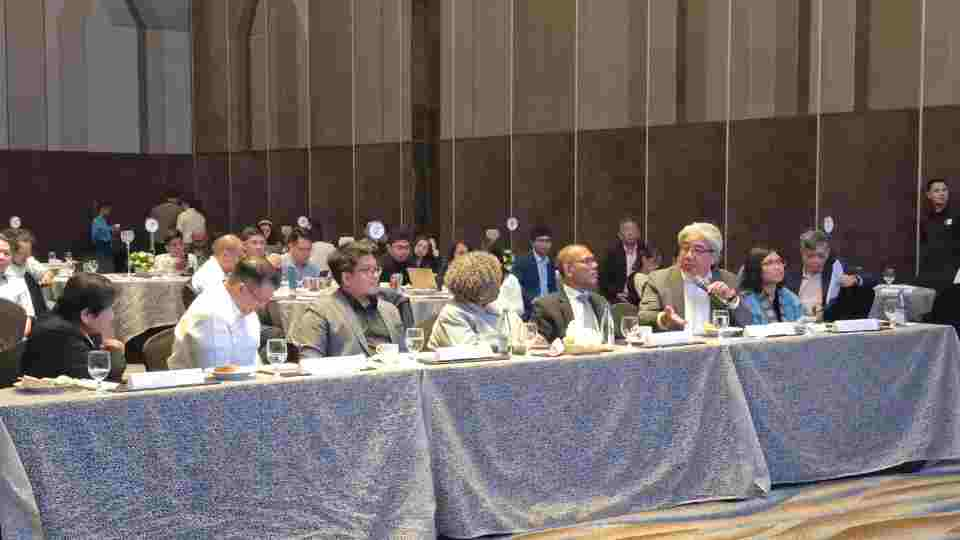ICSC launches SPECTRUM solar mapping tool to drive renewable energy growth, expose data gaps
- July 16, 2025
- 0

A landmark event in the Philippine energy sector took place as the Institute for Climate and Sustainable Cities (ICSC) formally launched SPECTRUM, a data-driven solar rooftop mapping platform. The event, held yesterday in Quezon City, gathered government officials, regulators, private sector leaders, and civil society organizations, underscoring a unified push toward renewable energy and sustainability.

SPECTRUM is a proprietary platform developed by ICSC that uses satellite imagery, artificial intelligence, and open data to detect existing rooftop solar installations across the Philippines. It offers a granular view of the country’s solar potential while exposing the visibility gap in unregistered systems—especially in residential and commercial sectors.
Undersecretary Felix William Fuentebella of the DOE described the tool as “revolutionary,” emphasizing its role in aligning with national goals and supporting the Philippine Energy Plan. “This is powered by technology, science, and that inevitable spirit of togetherness,” he said. “These tools, when used together, move us faster, with easier actions, and more efficient solutions — mas mabilis, mas madali, at mas mura.”
DOE Assistant Secretary Myolene Capongcol outlined the urgency of meeting the country’s clean energy targets: 35% renewable energy share by 2030, rising from the current 22%. She noted the 36.2 GW rooftop solar potential and emphasized the challenge of monitoring systems outside the net metering database. “We requested ICSC to come up with a tool in which we can monitor or track solar installation,” she said, citing the need for business models that align with the Energy Efficiency and Conservation Act.
ICSC Executive Director Angelo Kairos dela Cruz reiterated the transformative power of data. “SPECTRUM is more than just a mapping tool. It is a bold leap toward a future where innovation means inclusion,” he said. “It enables a full spectrum of solar deployment — from household to utility scale — helping power a just, resilient, and sustainable future”.
ICSC’s Chief Data Scientist Jephraim Manansala explained that the tool detected 1,846 MW of solar capacity across 174 cities and municipalities — nearly 25% of which is from residential and commercial rooftops. However, these figures reveal significant discrepancies between actual installations and what’s officially registered, pointing to inconsistencies in permitting processes and a lack of unified LGU standards.

Stakeholders such as Meralco’s Ben Hamilton highlighted how unregistered systems create grid management challenges: “Unregistered installations make it almost impossible for us to really predict and plan how we can grow the network’s capacity to accommodate everybody,” he said during the panel discussion.
The platform allows users to visualize detected solar systems by region, type, and estimated output. It also provides downloadable aggregate data—supporting planners, regulators, utilities, and developers in decision-making, while preserving household privacy.
In his remarks, Undersecretary Fuentebella emphasized the importance of aligning policy tools like SPECTRUM with long-term energy resiliency goals. “We not only reduce dependence on external energy sources, but also strengthen local energy resilience, especially in off-grid areas,” he said.
What challenges are slowing down rooftop solar adoption in your community or business? How do you think tools like SPECTRUM can help shape a cleaner, data-driven energy future for the Philippines?
Follow Power Philippines on Facebook and LinkedIn or join our Viber community to stay up to date on the latest energy news.